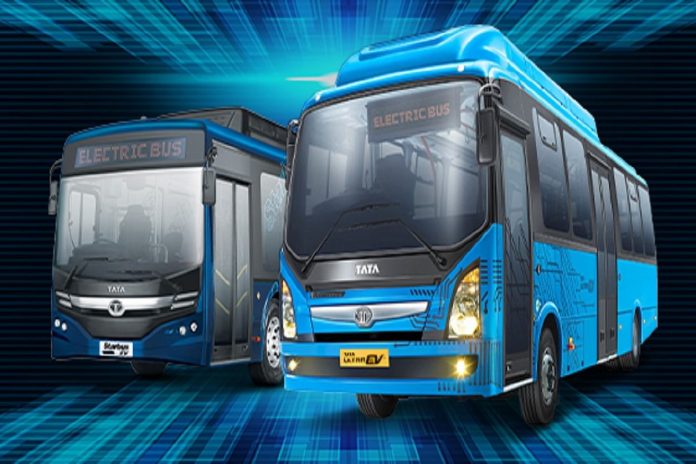With the aim of augmentation of city bus operations by 10,000 e-buses on PPP model, the Union Cabinet on Wednesday (August 16) has approved a bus scheme “PM-eBus Sewa” for augmenting city bus operation.
The scheme would have an estimated cost of Rs 57,613 crore, out of which support of Rs 20,000 crore will be provided by the Central government. The Scheme will support bus operations for 10 years.
Reaching the Unreached:
The scheme will cover cities of Three lakh and above population as per census 2011 including all the Capital cities of Union Territories, North Eastern Region and Hill States. Under this scheme priority will be given to cities having no organized bus service.
Direct Employment Generation:
The scheme will generate 45,000 to 55,000 direct jobs through deployment of around 10,000 buses in city bus operation.
The Scheme has two segments of which Segment A is for augmenting the city bus services in 169 cities.
The approved bus scheme will augment city bus operations with 10,000 e-buses on Public Private Partnership (PPP) model.
Associated Infrastructure will provide support for development/ upgradation of depot infrastructure; and Creation of behind-the-meter power infrastructure (substation, etc.) for e-buses.
Segment B is for Green Urban Mobility Initiatives (GUMI) in 181 cities
in which the scheme envisages green initiatives like bus priority, infrastructure, multimodal interchange facilities, NCMC-based Automated Fare Collection Systems, Charging infrastructure, etc.
Support for Operation: Under the scheme, States/Cities shall be responsible for running the bus services and making payments to the bus operators. The Central Government will support these bus operations by providing subsidy to the extent specified in the proposed scheme.
Boost to E-Mobility:
The scheme will promote e-mobility and provide full support for behind-the-meter power infrastructure.
Cities will also be supported for development of charging infrastructure under Green Urban Mobility Initiatives.
The support to bus priority infrastructure shall not only accelerate the proliferation of state-of-the-art, energy efficient electric buses but also foster the innovation in the e-mobility sector as well as development of resilient supply chain for electric vehicles.
This scheme shall also bring in economies of scale for procurement of electric buses through aggregation for e-buses.
Adoption to Electric mobility will reduce noise and air pollution and curb carbon emission.
Modal shift due to increased share of bus-based public transportation will lead to GHG reduction.


